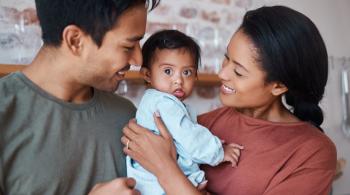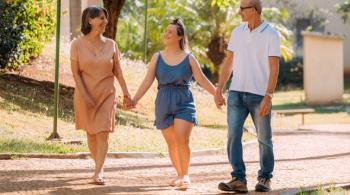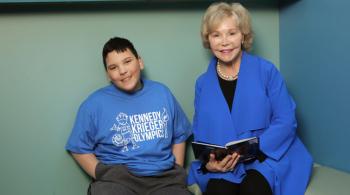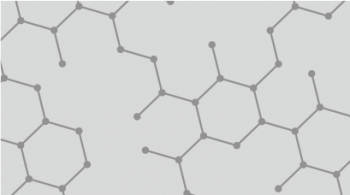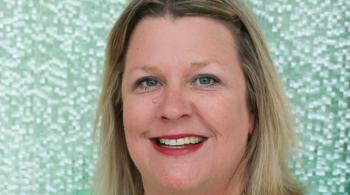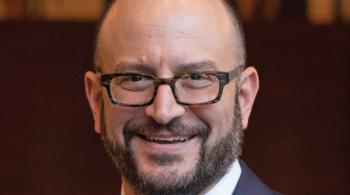National AUCD Conference Reflection
By Alexis Nartey and Cody McMullen
On November 13, 2022, the Association of University Centers on Disabilities (AUCD) began their annual conference addressing the importance of and need for health equity in the disability community. For the Maryland Center for Developmental Disabilities (MCDD) trainees, this conference began with the Trainee Networking Session. The Trainee Networking Session was an in-person event which hosted LEND (Leadership Education in Neurodevelopmental and Other Related Disabilities) and UCEDD (University Centers for Excellence in Developmental Disabilities) trainees from across the country. Throughout this session, trainees had the opportunity to connect with others, discuss topics including leadership and health equity, and experience how interdisciplinary collaborations can expand upon and create new insights in the field. As we worked with our fellow LEND and UCEDD trainees from across the nation, we expanded our knowledge, shared our experiences and grew together. The networking session ended with a welcome reception in the main lobby during which trainees had the opportunity to mingle, discuss their passions and make meaningful connections.
On November 14 through 16, MCDD trainees had the opportunity to attend the conference virtually. The opening plenary session addressed different components of health equity, the social determinants of health, and how to make access to healthcare services more equitable for people with disabilities. Following the opening plenary, the second day consisted of the leading change sessions, which included a more in-depth discussion on the social determinants of health and highlighted the importance of providing high-quality care to individuals with disabilities. Finally, the closing plenary explored how public health and public policy align, and what can be done to continue the progression towards a more equitable and inclusive environment for people with disabilities.
Overall, this conference was impactful, inspirational and motivating for trainees. As we continue to advance in our public health careers, we plan to take the information we learned at the AUCD Conference and MCDD to continue to advocate for the inclusivity and equity of those with disabilities.
State Suicide Prevention Conference Reflection
By Alexis Nartey and Cody McMullen
Maryland’s 34th Annual Suicide Prevention Conference showcased a series of speakers who emphasized the importance of prevention, postvention, perseverance, and connecting with others regarding suicide. The keynote speaker, Scott Poland, EdD, illustrated the steps schools and communities can take to effectively prevent suicide and how to respond if one occurs. His presentations emphasized the need for means prevention methods, increasing education, developing protective factors, and creating larger scale multilevel involvement.
Tandra Rutledge talked about Project 25 and how the American Foundation for Suicide Prevention is working to reduce the suicide rate in the U.S. through education, collaboration with healthcare systems, and the implementation of screening and a more comprehensive holistic approach. Project 25 seeks to work with organizations within four key areas: emergency departments, corrections systems, healthcare systems and firearms. These areas have been identified as critical means to save the most lives.
Jill Bohnenkamp, PhD, and J. Douglas DiRaddo, PhD, addressed how schools can be used as critical partners in suicide prevention and the steps school systems can take in prevention, specifically screening and identifying risk factors. Dr. Bohnenkamp’s presentation discussed the importance of building comprehensive mental health systems within schools. Dr. DiRaddo focused on developing the Positive Behavioral Interventions and Supports (PBIS) model within school systems.
Finally, Venessa Abram and Van Brooks expressed their own experiences with mental health and how they persevered and found that making connections with others helped. Their presentations expressed the importance of self-discovery, hope, health and healing, as well as the need to identify ACEs (Adverse Childhood Experiences) and understanding mental health and mental illnesses.
Maryland’s Annual Suicide Prevention Conference is an event that we would recommend to everyone working in the healthcare field. As young healthcare professionals, attending this conference opened our eyes and made us realize the little things that we can do to make a difference in our communities. We all have an important role to play, and together we can lower the suicide rate in this country.

